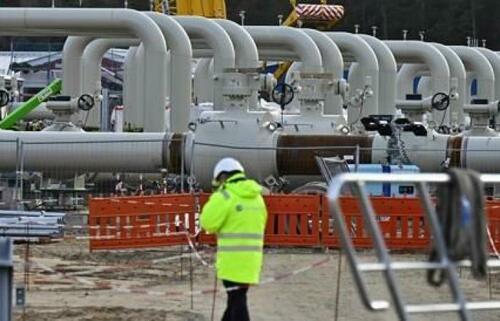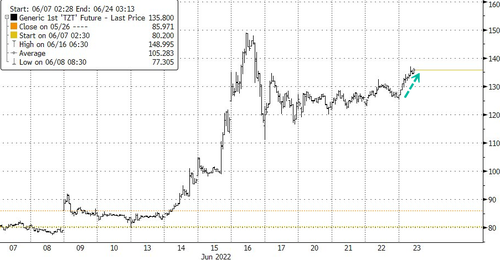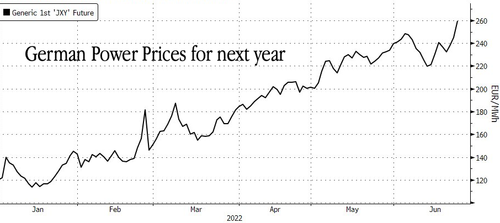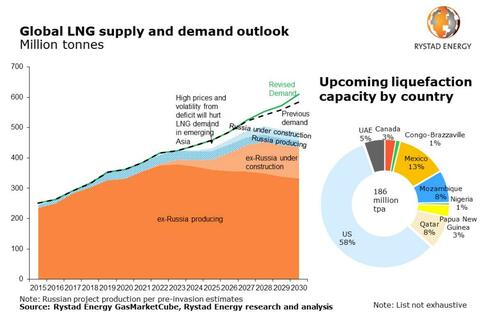The European Union (EU) is going down in flames as its fuel taps from Russia run dry.
Issues related to the war in Ukraine have resulted in no more gas flowing through the Nord Stream 1 (NS1) pipeline and soon-to-be tripled gas prices across Europe.
To avoid what will inevitably become a widespread catastrophe for the European economy, EU officials are reportedly discussing fuel rationing as the next step in their standoff against Russian President Vladimir Putin, who quite frankly appears to be winning on every front.
Should the NS1 pipeline never get turned back on due to issues with a key engine turbine component that is still stuck in Canada due to sanctions, Western Europe faces a total loss of energy in the coming months.
Up until now, the public was simply hearing about these problems on the news. Now, however, the consequences of failed political leadership are turning into sky-high gas prices and now the potential for forced rationing.
A recent poll found that more than 60 percent of German citizens fear there will not be enough gas to go around this winter, especially since some people will be stocking up and hoarding what they can before prices triple come 2023.
Germans are starting “to sweat” as they realize there will be no gas available for heat this winter
Draft EU measures propose limiting the heating of public and commercial buildings to 19 degrees Celsius, or around 66 degrees Fahrenheit, which is cold enough to require the use of extra layers of clothing indoors.
Private households are also being encouraged to lower their thermostats by one degree, a proposal that was also made back in February right after Russia invaded Ukraine.
…click on the above link to read the rest of the article…


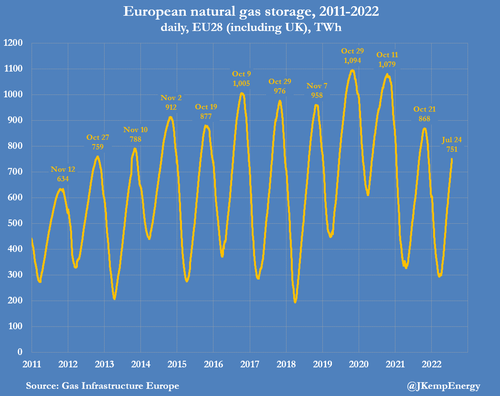
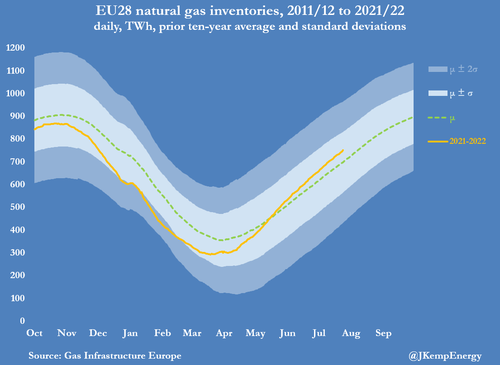
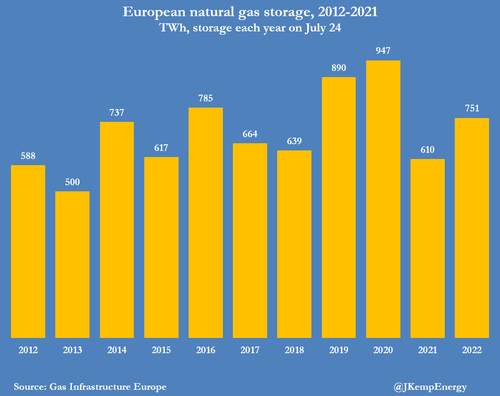
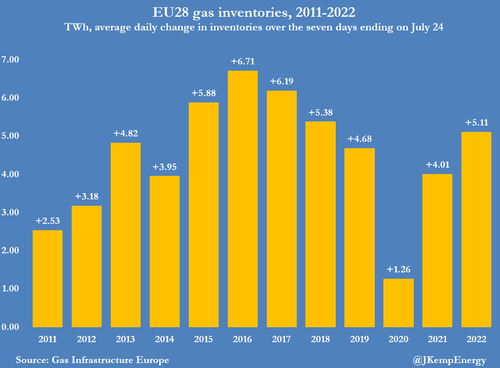
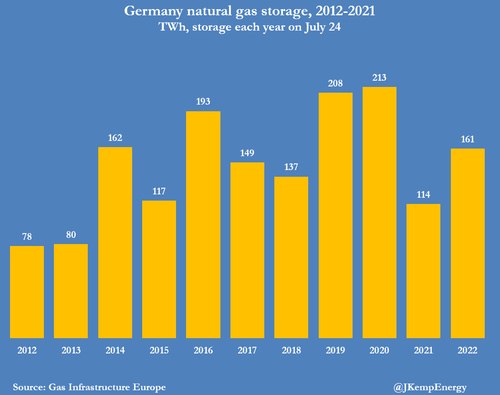
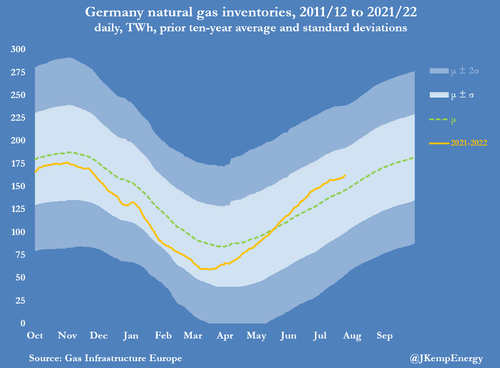
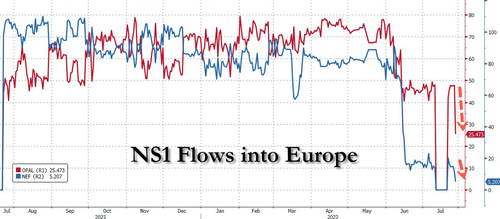
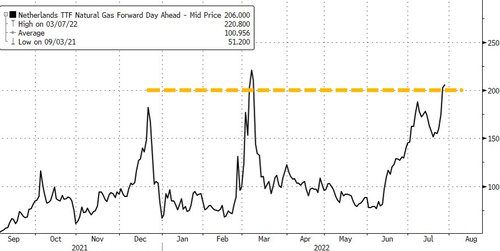
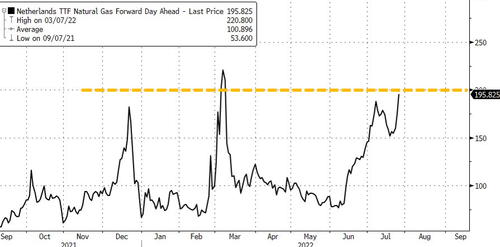
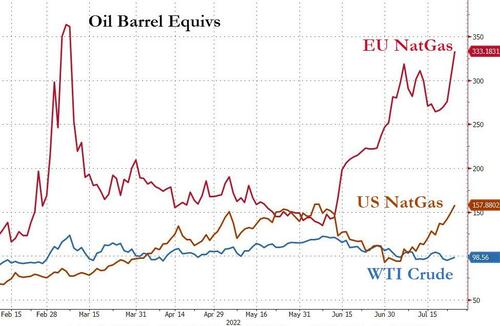
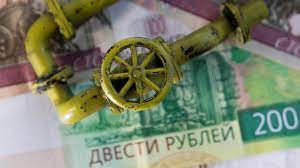
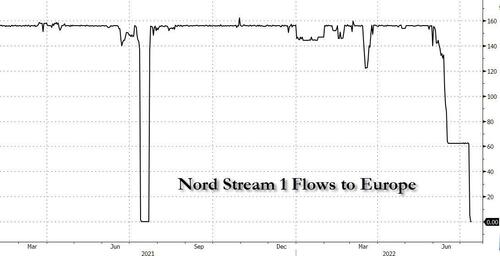
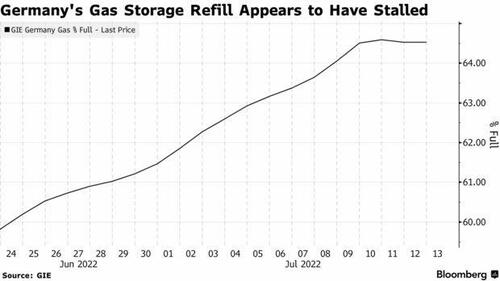

 Listen to The Refresh: Insider’s real-time news podcast.
Listen to The Refresh: Insider’s real-time news podcast.